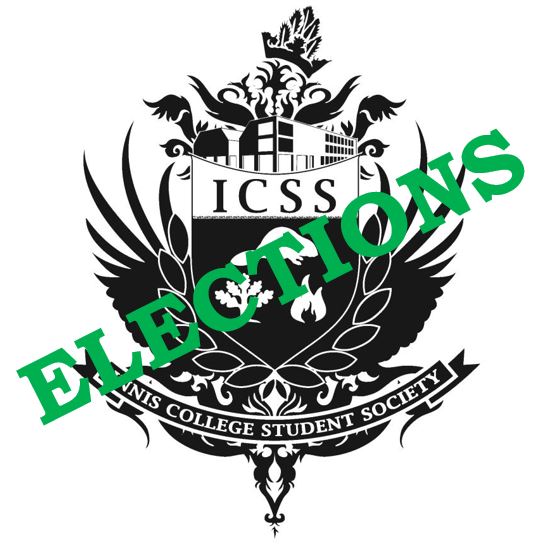Innis elections: the good, the bad, and the deleted Facebook events
ICSS and IRC elections just wrapped up in March. Here’s the breakdown of the good, the bad, and the ugly.
The Good
IRC executive elections were more competitive than past years, with 10 candidates running for five positions. Four residents ran for Treasurer, which was the most highly contested position. Two candidates—Paxton Wong and Josie Meza-Silva—ran for IRC President, with Meza-Silva narrowly winning the election by 3.8 percentage points. Last year, the position was uncontested. Turnout for the election was a relatively high (but objectively low) at 33%.
ICSS elections were also competitive for positions below the executive level—all portfolio positions were contested except for Grad Rep and Equity & Outreach, with 25 candidates running for seven positions. Last year’s addition of an International Rep also proved to be a success. Four students ran for the one International position, demonstrating the need for increased international student representation on the ICSS. In other good news, referenda on the college build levy and the creation of a Sustainability Director position both passed. The election saw 12% of Innis students cast their ballot, an approximate increase of 40% from last year. As noted in The Varsity, this was the second-highest turnout out of any student society election on campus, second only to the Victoria University Students’ Administrative Council (VUSAC) elections.
The Bad
All ICSS executive positions were once again uncontested this year, and all of the candidates already held positions on council. This means that Innis students did not have much choice about which viewpoints they wanted to be represented at the highest levels of the ICSS. That’s not to ding any one candidate for their positions—choice is just always preferable to no choice in an election. This also reinforces the ICSS’s image as a council of insiders that is not representative of the entire constituency. That being said, executive members like VP Internal-elect Winston Chan expressed during the candidates’ forum that they would try their best to represent all Innis students. While this is positive, the ICSS should do more in the future to encourage people to run for executive positions—both for current members to challenge each other and for non-council members to feel comfortable putting their names forward.

There was also a lack of transparency around the ICSS campaign regulations and demerits. During the campaign period, notifications about demerits were posted on the Facebook event with no additional explanation beyond “campaign violation.” All that these cryptic notifications did was fuel the rumour mill as people speculated about why certain candidates received demerits. Some campaign violations are more severe than others, and the Elections Committee should be more transparent in the future about the nature of these violations so students can be more informed when casting their ballot.
The Cancelled Facebook Events
Starting around 11 p.m. the night before the election, you probably received a barrage of notifications saying “Event Vote _____ for _____ was deleted.” This is because candidates are not allowed to leave campaign events up during the voting period since it constitutes campaigning outside of the campaign period.
This rule should be scrapped. Facebook events have become the primary way that candidates present their platforms to the public. Forcing these events to be deleted before the voting period begins makes it difficult for students to refer back to candidates’ platforms when casting their ballot, making it harder to cast an informed vote. It is also incredibly confusing. For those who are unfamiliar with the election rules—which are not posted publicly—it looks like people are dropping out of the race the night before. In a statement on the ICSS election Facebook event, Chief Returning Officer Stephanie Kroone wrote that “all campaign materials (physical or digital) [should be] removed by 11:59 tonight to avoid passive campaigning” (emphasis added).
It’s not clear how this squares with the current election guidelines for ICSS election. The Herald obtained a copy of the information package given to ICSS candidates and the package only forbids “active campaigning” outside of the campaign period. There is no language in the guidelines or the ICSS Constitution which forbids leaving Facebook events up during the campaigning period.
Forcing candidates to delete Facebook events provides no benefit to voters and actually makes it harder for voters to make an informed choice. This rule has no basis in the election guidelines or the constitution. It’s time to scrap it.
